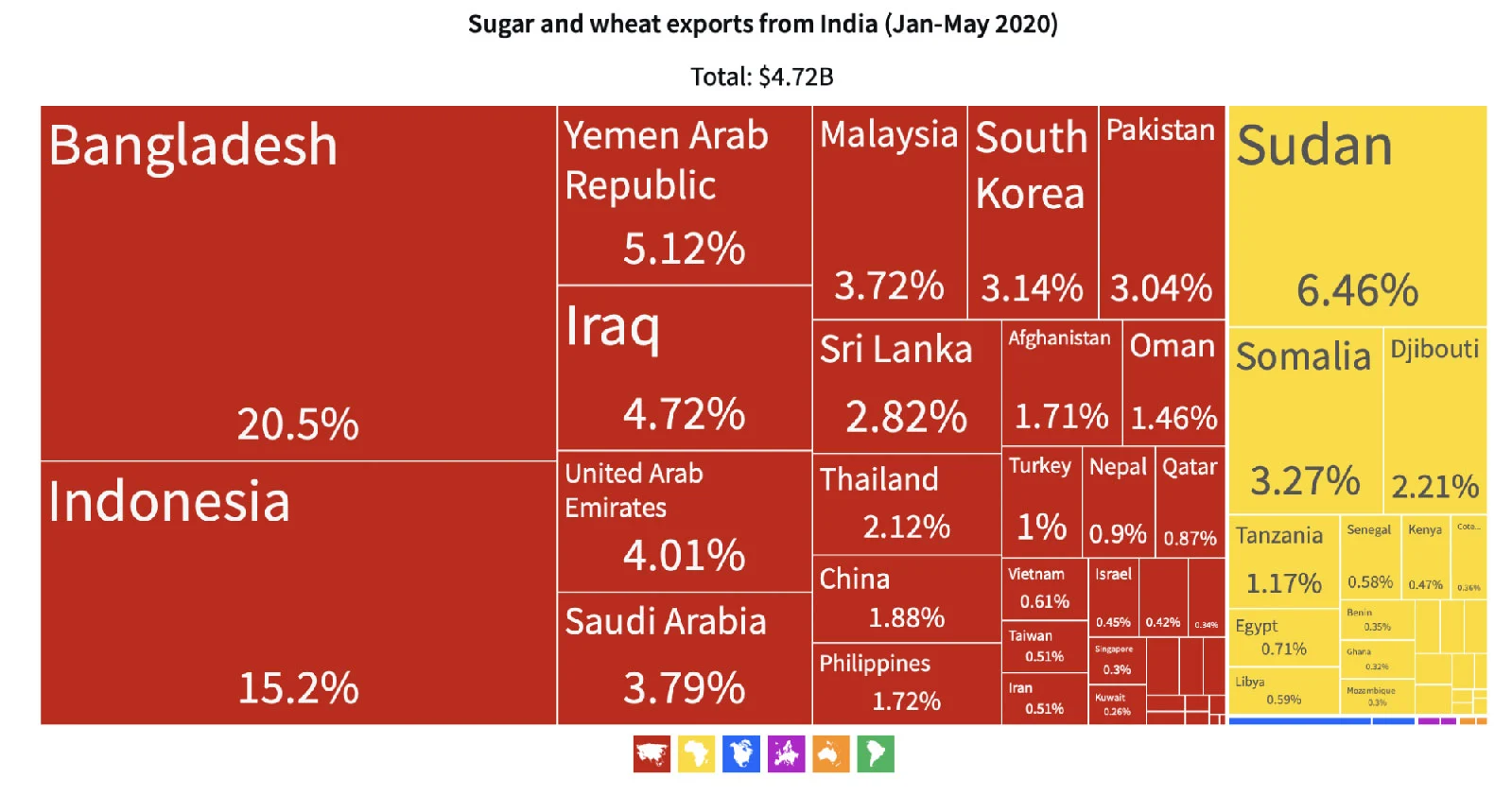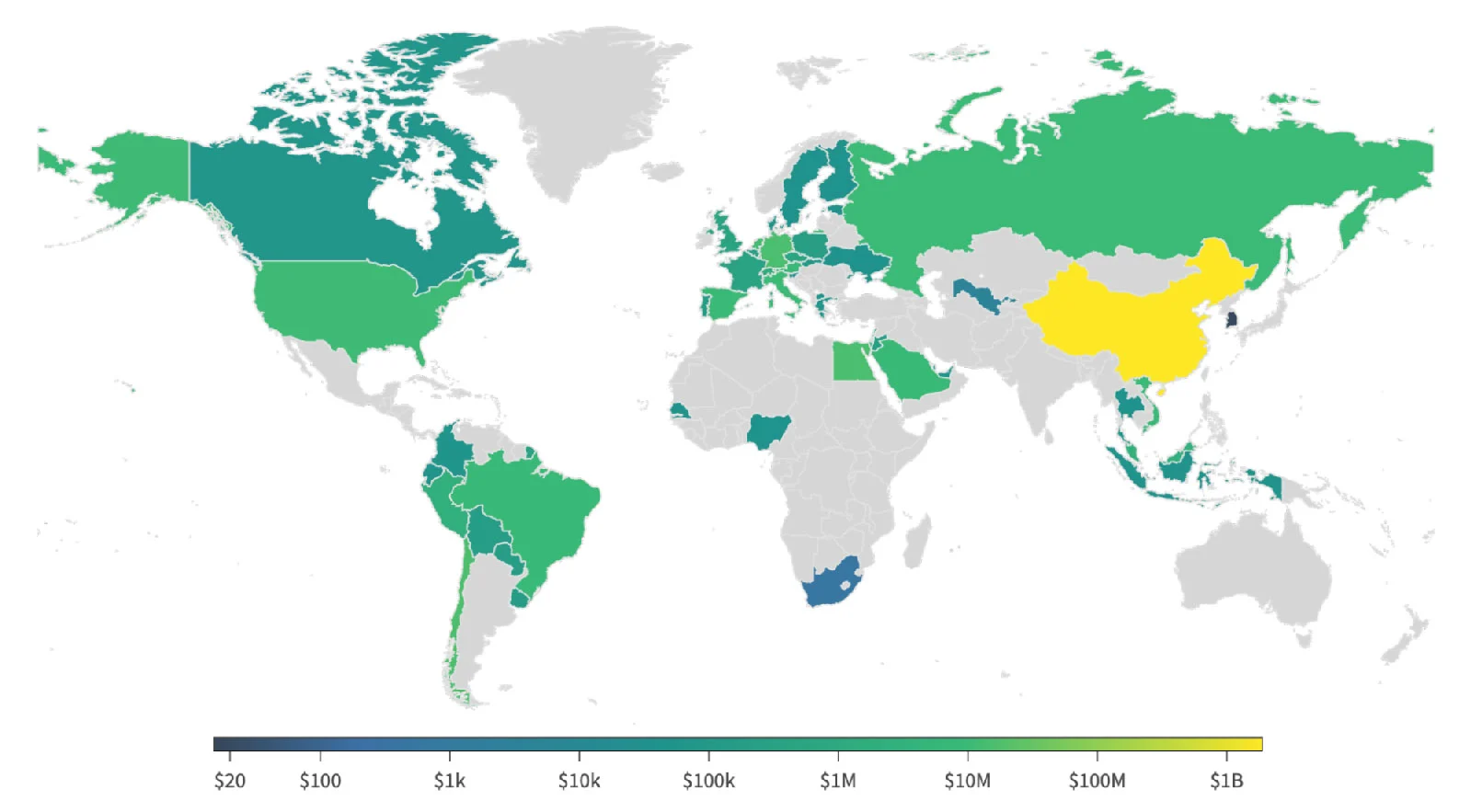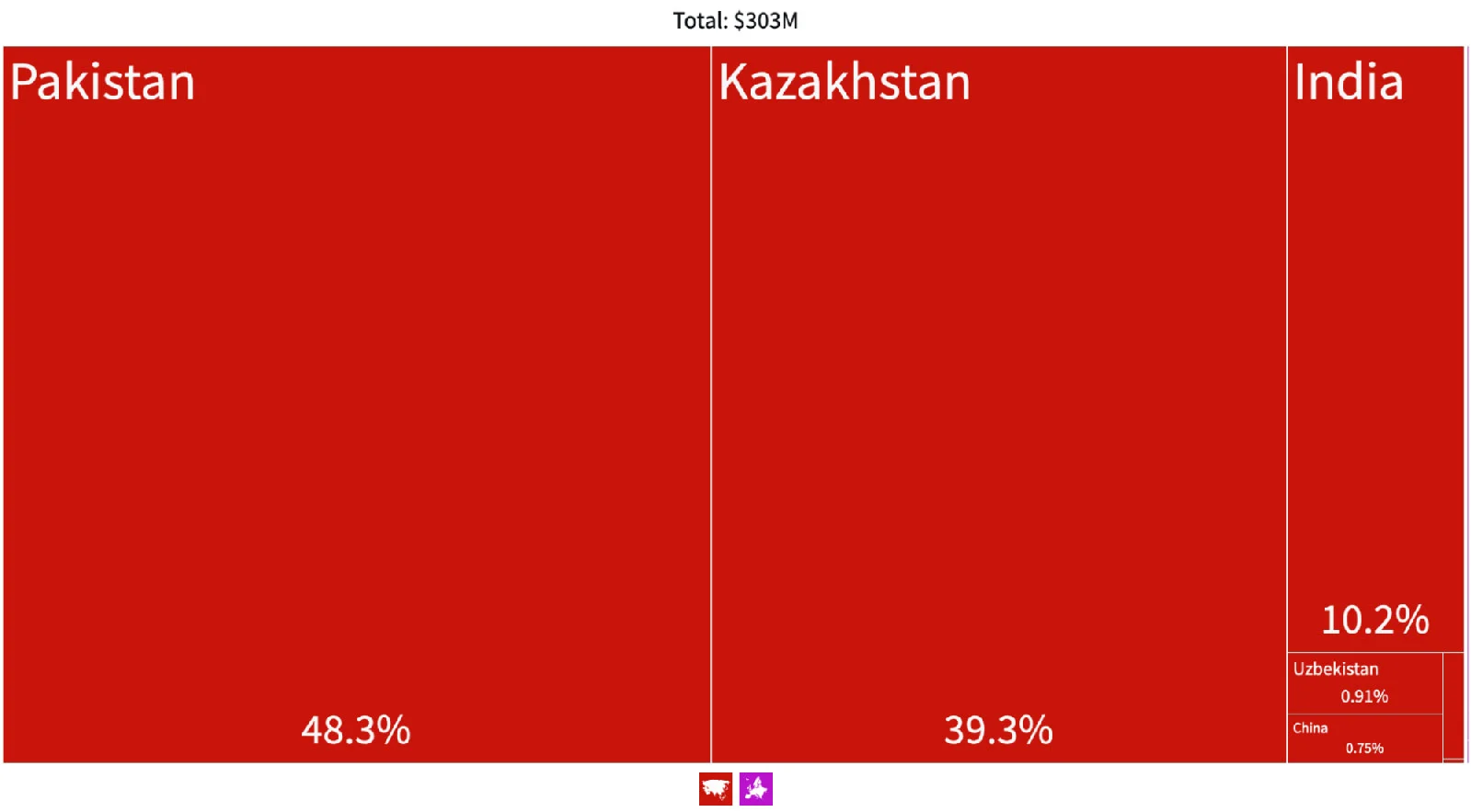How Climate Change is Disrupting the Global Food Chain
Listen to the audio from this episode of the OEC News podcast
There's a troubling trend for global food security: as climate change increases, we see more food nationalism which can be defined as banning food exports to curb domestic inflation. This trend shows a reorganization of international trade patterns, with nations reliant on food imports facing rising supply shortages. The effects of food nationalism are more prominent for poorer countries in regions already experiencing significant food insecurity.
Food export restrictions have disastrous unintended repercussions for vulnerable populations in food-importing countries, raising costs and exacerbating food insecurity concerns already inflamed by COVID-19 and the invasion of Ukraine.
Days after the Russian invasion, India banned sugar exports and restricted wheat exports. India is the second largest exporter of sugar globally and the second largest wheat exporter in Asia. These restrictions are affecting millions of people.

For example, after the ban in India, Iran lost 83% of its sugar imports. Then, facing high food inflation, Iran's government announced a ban on exports of tomatoes, potatoes, eggplants, and onions, affecting food access in other countries.
Export restrictions are also affecting Argentina, Russia, and Turkey. Argentina imposed restrictions on exports of meat and soybeans, and Turkey on rice exports. In the case of Russia, the world's largest wheat exporter has placed an export duty on wheat.

The global food supply has become more interconnected, and trade restrictions expose the food system's complexity. In addition, climate change also disrupts the food chain feeding millions.
The climate change-induced floods in Pakistan have damaged several crops, including rice. Pakistan is the world's fourth largest rice exporter. Afghanistan imports most of its cereals, including rice, from Pakistan. Now, Afghanistan relies on milled rice from India and Iran, which recently imposed export restrictions on food.

Other disruptions linked to the food chain globally include political instability and financial crises. Amid the financial crisis in 2008, for example, several countries imposed export bans on food, which led to a food crisis in 2010. That year, the high price volatility in global agricultural markets sparked massive public protests throughout the Middle East and North Africa in a time later known as the Arab Spring.
Climate change poses a significant risk for food exporters and importers alike. As a result, international agreements and the food and agriculture industries must adapt to establish long-term resilience in a global food system.
